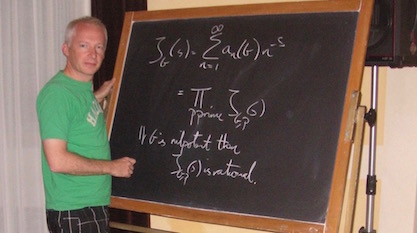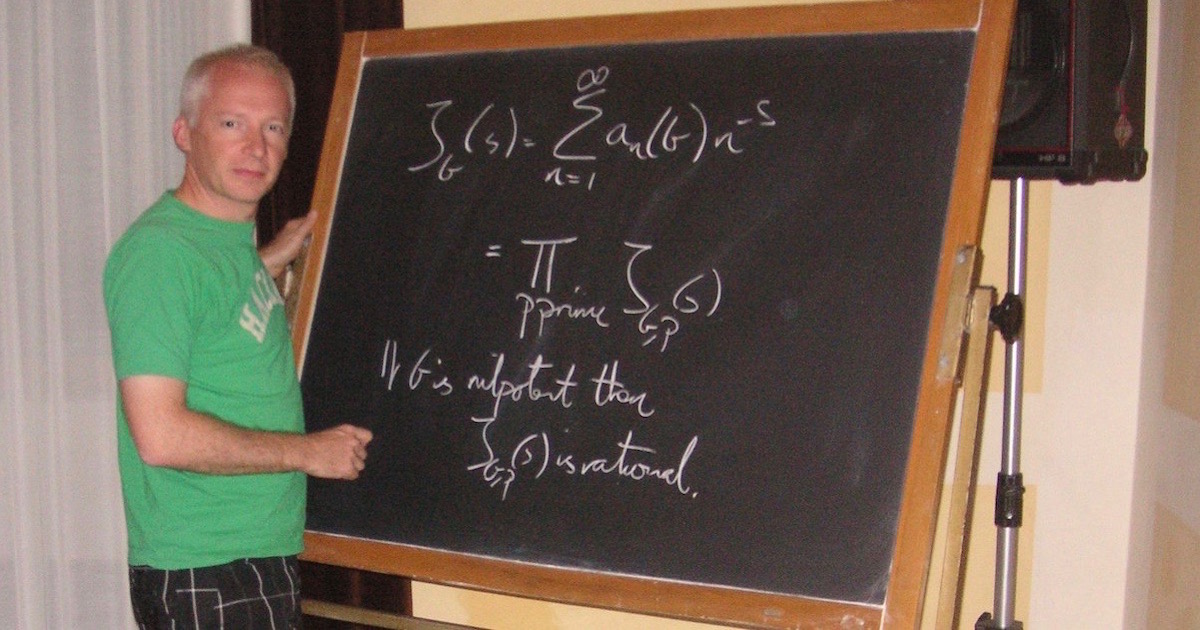 Culture & Ethics
Culture & Ethics
 Faith & Science
Faith & Science
 Intelligent Design
Intelligent Design
Dawkins Successor Gives a Second Thought to God


But your next question should be what he means by “God.” I’m referring to Oxford mathematician Marcus du Sautoy, current Charles Simonyi Professor for the Public Understanding of Science, the position occupied by Richard Dawkins before he retired from it.
John Farrell at Forbes reviews du Sautoy’s new book, The Great Unknown: Seven Journeys to the Frontiers of Science, with chapters on Chaos, Matter, Quantum Physics, The Universe, Time, Consciousness, and Infinity.
Farrell quotes:
“I wonder, though, whether, as I come to the end of my exploration, I have changed my mind about declaring myself an atheist,” he writes. “With my definition of a God as that which we cannot know, to declare myself an atheist would mean that I believe there is nothing we cannot know.”
Du Sautoy no longer believes that. “In some sense I think I have proved that this God does exist. The challenge now is to explore what quality this God has.”
This would seem to be the fabled God of the Gaps, on stilts. Or maybe it’s just a matter of cute wordplay. Du Sautoy goes on to clearly reject anything you or I would likely call “God.”
Still — for a scholar who works the same job as Dawkins once did, Dawkins who in turn once explained “Why There Almost Certainly Is No God” (Chapter 4 of The God Delusion) — simply to write those sentences is startling.
It’s a refreshing change of pace for science writer Farrell as well. A frequent critic of intelligent design, he chides du Sautoy for “pass[ing] over the great questions facing biology.” What! There are “great questions facing biology”? That’s not the party line. “Methinks it is like a weasel,” remember?
In exploring the unknown, says Farrell, the mathematician skips “the question of teleology: is there a direction to evolution?” Well, that is just the question that advocates of intelligent design pose. Agreed, it would be very welcome to hear what du Sautoy thinks about any purposes life’s history might be pursuing.
Keep at it, Dr. du Sautoy and Mr. Farrell. Admitting that science doesn’t have everything all figured out, including profound questions about teleology in evolution, is the beginning of wisdom.
Photo: Marcus du Sautoy, by Jaqen (Own work) [GFDL or CC BY-SA 3.0], via Wikimedia Commons.
